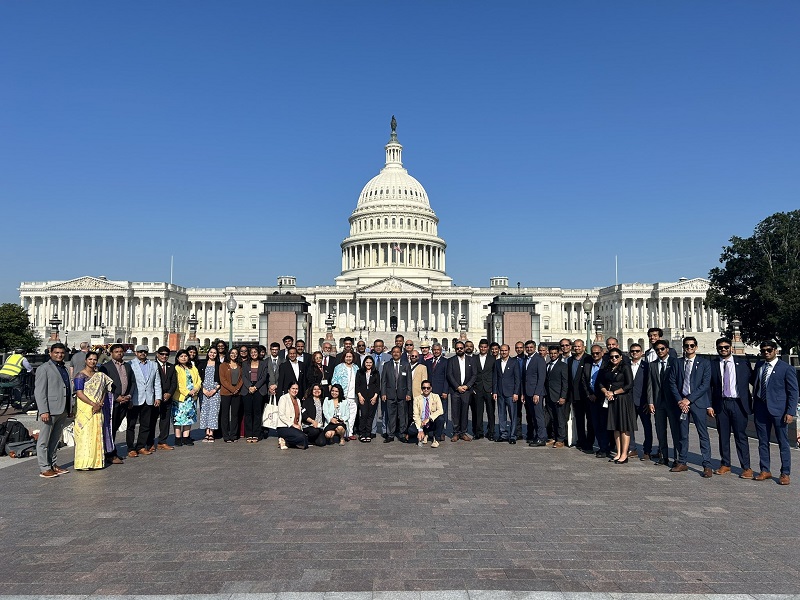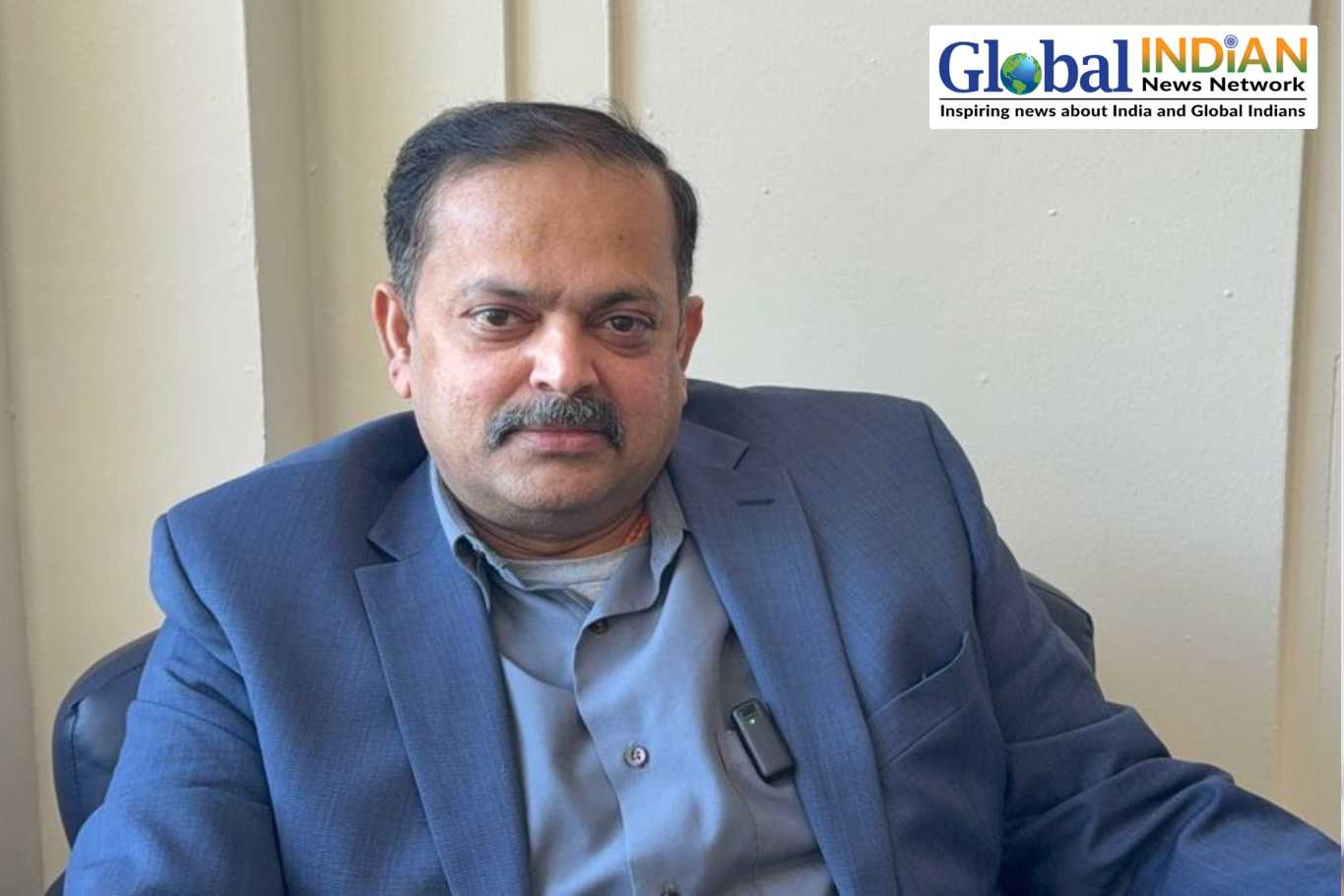
The Foundation for India and Indian Diaspora Studies (FIIDS) hosted a successful Advocacy Day on Capitol Hill on June 13, emphasizing the importance of political involvement and the vital role of Indian Americans in strengthening the US-India relationship. The event saw participation from over 135 Indian-American delegates from 22 states, who engaged with more than 83 elected officials from 35 states, showcasing the increasing influence of the community.
Prominent figures from both the United States and India gathered to discuss critical policy issues affecting the Indian-American community and US-India relations. Congressman Ro Khanna highlighted the bipartisan support for the US-India relationship within Congress, noting the expansion of the congressional India caucus to over 150 members. He encouraged Indian Americans to embrace their heritage with pride and to assert their power and belonging.
Congressman Raja Krishnamoorthi stressed the importance of political participation, urging Indian Americans to run for office regardless of party affiliation. He emphasized that diverse representation leads to better functioning in Congress.
Georgia Congressman Rich McCormick called for a more flexible and expansionist immigration policy, advocating for easier legal immigration and stricter measures against illegal immigration. He mentioned his bill to remove the 7 percent cap on green cards and reduce the backlog, underscoring the potential influence of the Indian American community in the upcoming presidential election.
Mukesh Aghi, president of the U.S.-India Strategic Partnership Forum (USISPF), highlighted the significant economic contributions of Indian Americans, who have twice the per capita income of the average American. He emphasized the need for increased political engagement and representation, expressing optimism for the future of US-India relations.
Atul Keshap, president of the US-India Business Council, pointed out that Indian Americans, though comprising about 1.5 percent of the US population, contribute 6 percent of the country’s tax revenue. He urged the community to engage with their members of Congress to facilitate trade and investment agreements that could further energize the US-India relationship.
Several important policy issues were discussed during the summit, including eliminating the iCET tech export exemption, recognizing India as a major defense partner, addressing the green card backlog through immigration reforms, and combating religious prejudice and hate crimes against Hindu-Americans and other Indian-Americans.
Keshap reflected on the growth in US-India relations over the past two decades, noting the extensive agreement between the two countries on various issues. He encouraged the community to push for more ambitious goals in economic and commercial partnerships.









